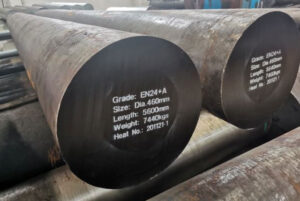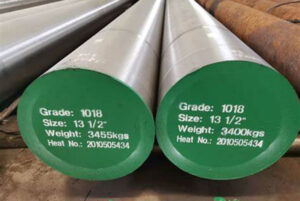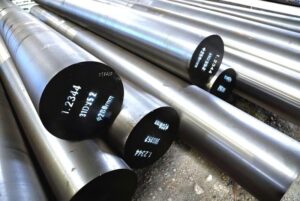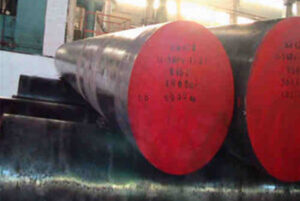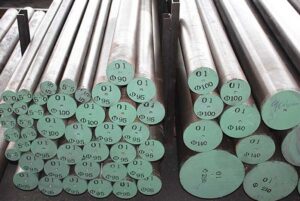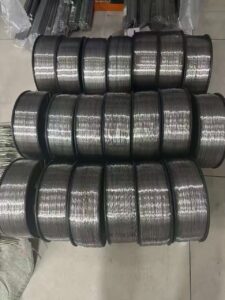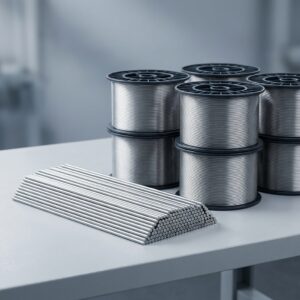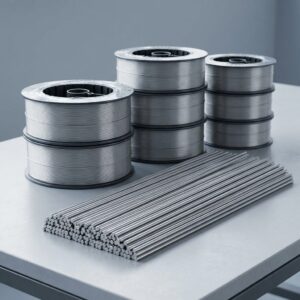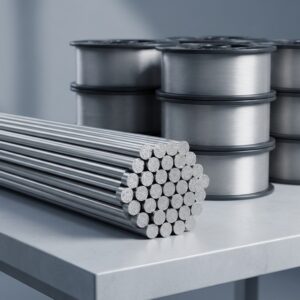Overview
Inconel 750 Nickel-Chromium Alloy Steel is a superalloy that stands out due to its remarkable strength and resistance to both high temperatures and corrosion. This alloy is widely used in various demanding applications, from aerospace to nuclear reactors, thanks to its impressive mechanical properties and durability. In this guide, we’ll dive deep into the specifics of Inconel 750, covering its chemical composition, mechanical properties, heat treatment, applications, and much more.
By the end of this article, you will have a thorough understanding of why Inconel 750 is a top choice for industries requiring robust materials that can withstand extreme conditions.
Chemical Composition of Inconel 750 Nickel-Chromium Alloy Steel
Understanding the chemical composition of Inconel 750 is crucial to appreciating its unique properties. This superalloy is primarily composed of nickel and chromium, with several other elements that enhance its performance.
| Element | Percentage |
|---|---|
| Nickel (Ni) | 70.0 – 80.0 |
| Chromium (Cr) | 14.0 – 17.0 |
| Iron (Fe) | 5.0 – 9.0 |
| Titanium (Ti) | 2.25 – 2.75 |
| Aluminum (Al) | 0.40 – 1.0 |
| Columbium (Nb) | 0.70 – 1.20 |
| Manganese (Mn) | 0.35 max |
| Silicon (Si) | 0.35 max |
| Copper (Cu) | 0.25 max |
| Carbon (C) | 0.08 max |
| Sulfur (S) | 0.01 max |
The combination of these elements grants Inconel 750 its high tensile strength and resistance to oxidation and corrosion.
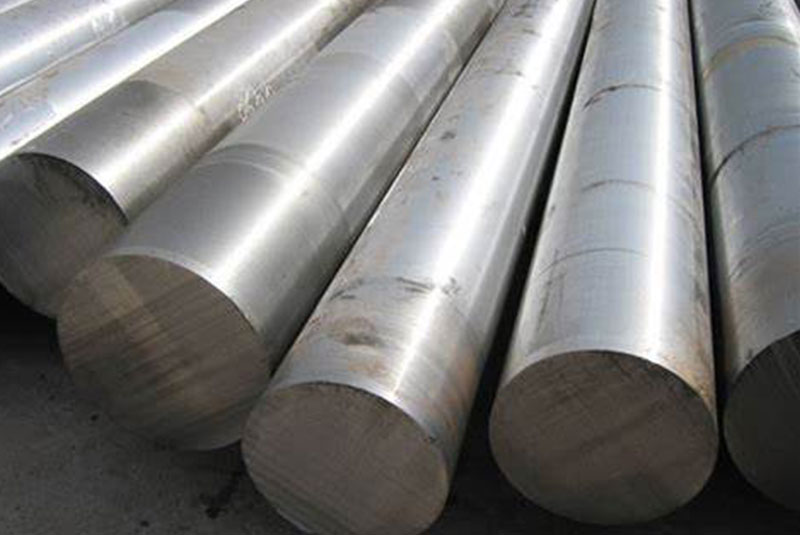
Applications of Inconel 750 Nickel-Chromium Alloy Steel
Inconel 750’s unique properties make it suitable for a variety of high-performance applications across different industries.
| Industry | Application |
|---|---|
| Aerospace | Jet engine components |
| Power Generation | Turbine blades, combustion chambers |
| Automotive | Turbocharger rotors |
| Chemical Processing | Heat exchangers, reactor vessels |
| Marine | Submarine and ship components |
| Nuclear | Reactor core components |
These applications demand materials that can endure high stress and extreme environments, making Inconel 750 an ideal choice.
The Mechanical Properties of Inconel 750 Nickel-Chromium Alloy Steel
The mechanical properties of Inconel 750 contribute significantly to its widespread use in critical applications. These properties are as follows:
| Property | Value |
|---|---|
| Tensile Strength | 1310 MPa |
| Yield Strength | 1050 MPa |
| Elongation | 18% |
| Hardness (Rockwell C) | 35 |
| Fatigue Strength | 620 MPa |
| Creep Strength (at 1000°C) | 200 MPa |
These values highlight the alloy’s ability to maintain high strength and stability even under severe stress and temperatures.
Heat Treatment of Inconel 750 Nickel-Chromium Alloy Steel
Heat treatment plays a vital role in enhancing the mechanical properties of Inconel 750. Here is a detailed look at the heat treatment process for this alloy:
| Heat Treatment Process | Temperature Range (°C) | Time | Purpose |
|---|---|---|---|
| Annealing | 980 – 1010 | 1 – 2 hours | Relieve internal stresses |
| Solution Treatment | 1090 – 1140 | 2 – 4 hours | Dissolve carbides |
| Aging | 760 – 815 | 10 – 16 hours | Precipitate strengthening phases |
Proper heat treatment ensures that the alloy retains its desired mechanical properties and performance characteristics.
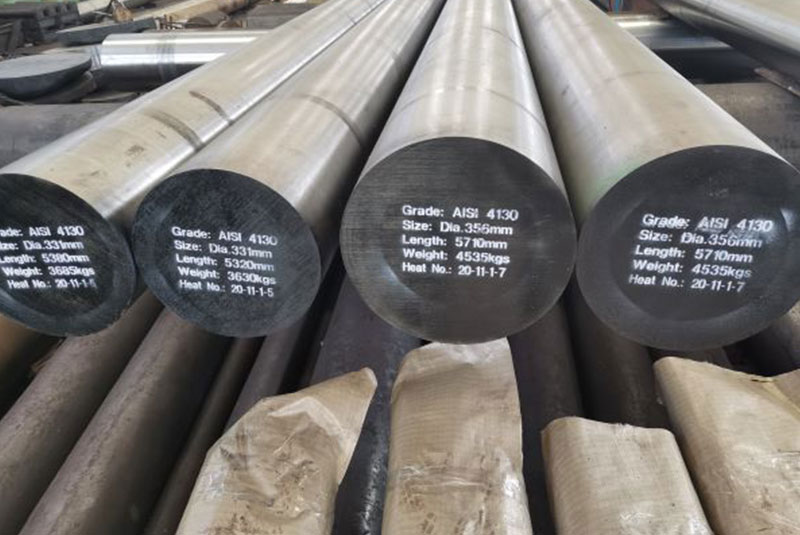
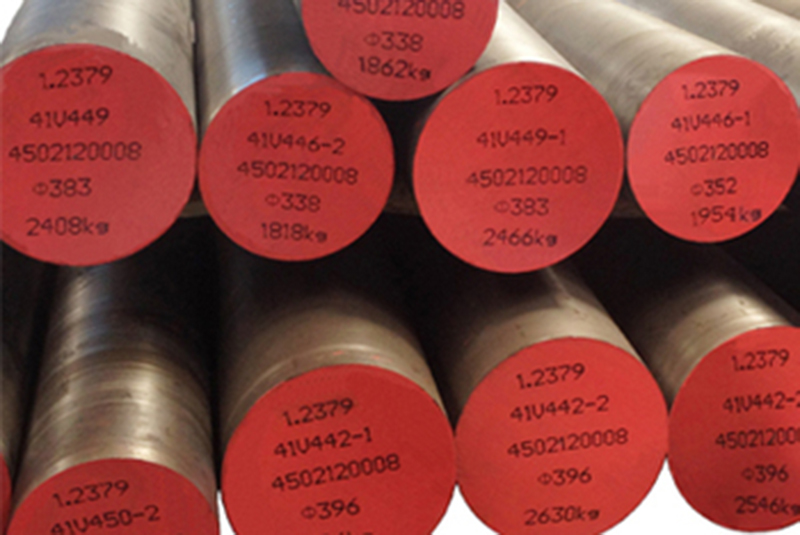
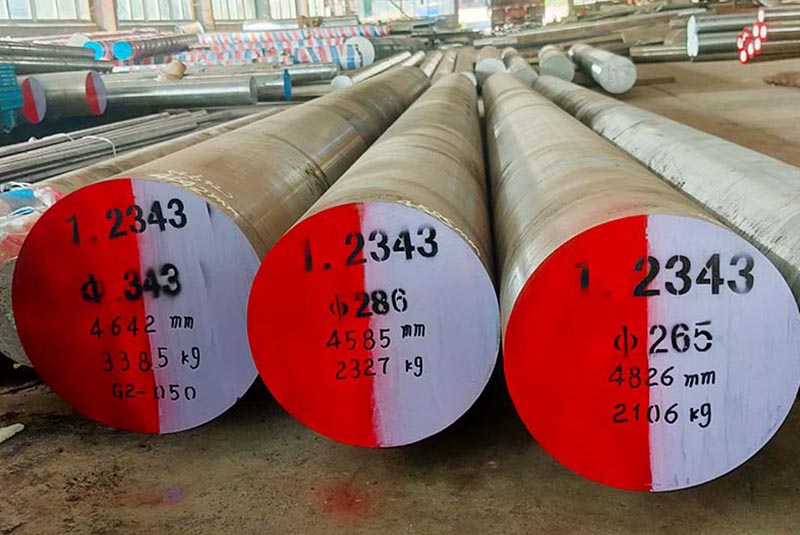
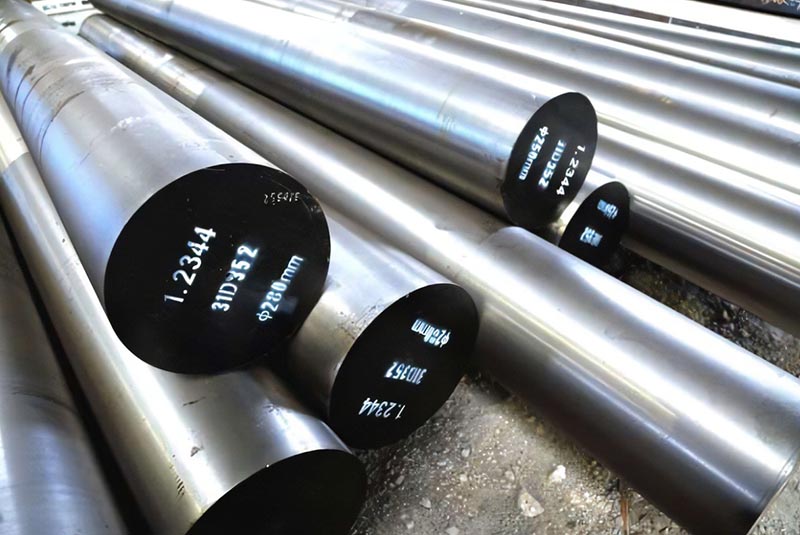
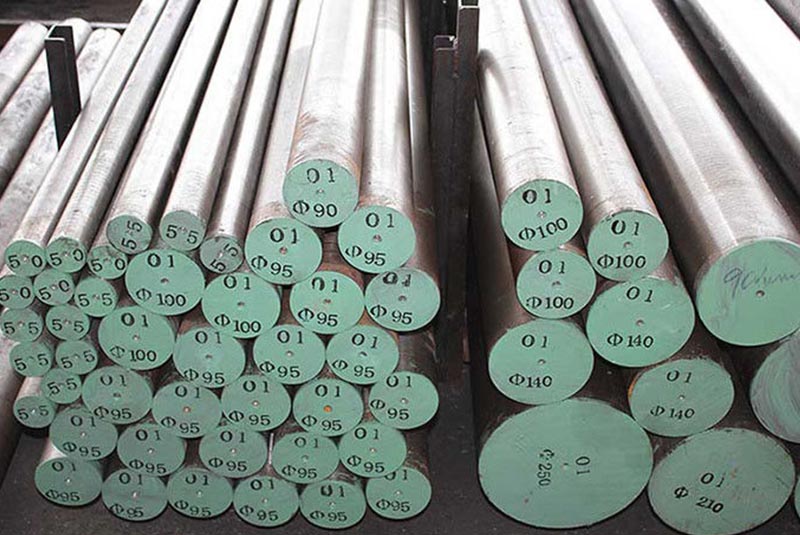
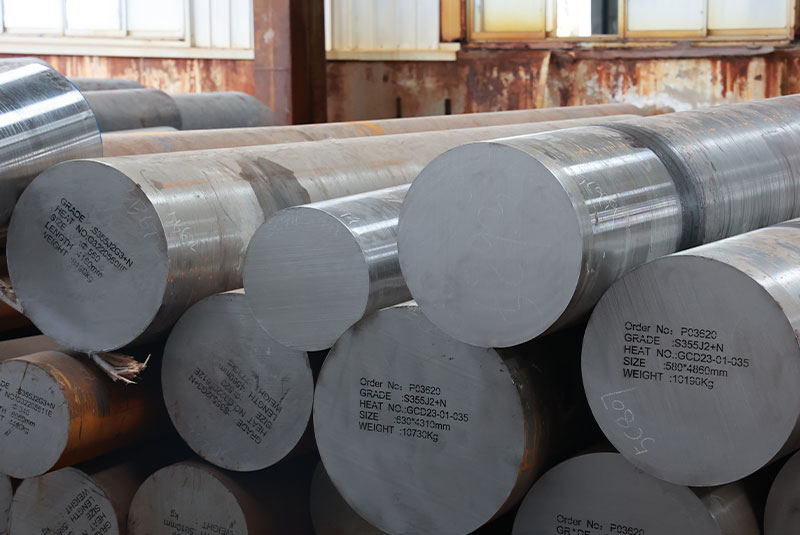
Suppliers and Pricing Details of Inconel 750 Nickel-Chromium Alloy Steel
Acquiring high-quality Inconel 750 is crucial for its applications. Here are some notable suppliers and their pricing details:
| Supplier | Region | Price per kg (USD) | Additional Notes |
|---|---|---|---|
| Special Metals Corp | Global | 60 – 70 | Leading supplier with extensive stock |
| Haynes International | USA, Europe | 65 – 75 | Offers various product forms |
| VDM Metals | Europe | 55 – 65 | Known for high-quality alloys |
| ATI Specialty Metals | North America | 62 – 72 | Custom sizes and forms available |
| Danyang Kaixin Alloy | Asia | 50 – 60 | Competitive pricing, large inventory |
The prices may vary depending on the order size, form of the material, and specific requirements.
Comparing Advantages and Disadvantages of Inconel 750
Inconel 750 has numerous advantages, but it’s important to consider its drawbacks as well.
| Aspect | Advantages | Disadvantages |
|---|---|---|
| Strength | High tensile and yield strength | Relatively higher cost |
| Temperature | Excellent performance at high temperatures | May require specialized machining techniques |
| Corrosion | Superior corrosion and oxidation resistance | Limited availability in some regions |
| Durability | Long service life in demanding environments | Heavier than some alternative materials |
| Versatility | Suitable for a wide range of applications | Requires precise heat treatment |
When compared to other alloys, Inconel 750 often proves to be the better choice for applications demanding superior strength and high-temperature resistance.
In-Depth Look at Specific Parameters
Corrosion Resistance of Inconel 750 Nickel-Chromium Alloy Steel
Inconel 750 exhibits exceptional corrosion resistance, making it suitable for harsh environments. It is particularly resistant to:
- Oxidation: Excellent resistance even at high temperatures.
- Sulphidation: Performs well in environments containing sulfur compounds.
- Stress-Corrosion Cracking: Maintains integrity under tensile stress in corrosive environments.
This makes Inconel 750 a preferred material in industries like chemical processing and marine, where exposure to corrosive substances is common.
Thermal Stability and Conductivity
Inconel 750 retains its mechanical properties across a wide temperature range, making it ideal for high-temperature applications. Additionally, its thermal conductivity is moderate, which helps in managing heat flow in components like turbine blades and jet engine parts.
| Property | Value |
|---|---|
| Coefficient of Thermal Expansion | 13.0 µm/m°C |
| Thermal Conductivity | 11.4 W/m·K |
These properties ensure that Inconel 750 can handle rapid temperature changes without significant deformation or loss of strength.
Comparison to Other Alloys
When compared to other high-performance alloys, Inconel 750 often outperforms in several key areas:
| Alloy | Strength | Corrosion Resistance | Temperature Stability | Cost |
|---|---|---|---|---|
| Inconel 750 | Excellent | Superior | Excellent | High |
| Stainless Steel 316 | Good | Good | Moderate | Moderate |
| Titanium Alloy | Very Good | Excellent | Very Good | Very High |
| Hastelloy C276 | Very Good | Superior | Good | High |
While Inconel 750 is more expensive than some other materials, its superior properties often justify the cost in critical applications.
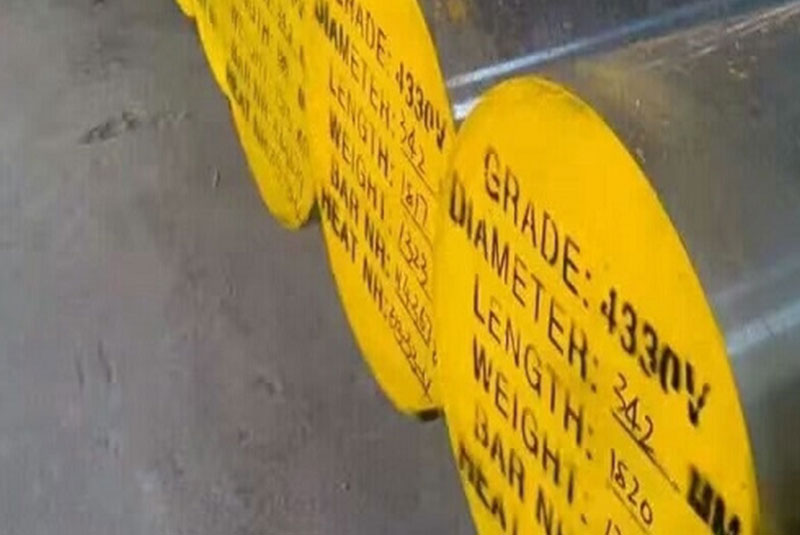
FAQ
| Question | Answer |
|---|---|
| What is Inconel 750 used for? | Inconel 750 is used in aerospace, power generation, automotive, chemical processing, marine, and nuclear industries due to its high strength and resistance to heat and corrosion. |
| How does Inconel 750 compare to Inconel 718? | Inconel 750 has higher titanium content and offers better creep resistance at high temperatures compared to Inconel 718. |
| Can Inconel 750 be welded? | Yes, Inconel 750 can be welded, but it requires specialized techniques and careful control to avoid cracking. |
| What are the heat treatment requirements? | Heat treatment involves annealing, solution treatment, and aging to achieve desired mechanical properties. |
| Is Inconel 750 magnetic? | No, Inconel 750 is non-magnetic. |
| What are the main advantages of Inconel 750? | High strength, excellent corrosion resistance, stability at high temperatures, and durability in harsh environments. |
Conclusion
Inconel 750 Nickel-Chromium Alloy Steel is a remarkable material known for its high strength, excellent resistance to heat and corrosion,
and durability in extreme environments. Its unique chemical composition and mechanical properties make it an invaluable asset in industries ranging from aerospace to nuclear power. While it may come at a higher cost, the performance benefits it offers often outweigh the expense, making it a preferred choice for critical applications. Whether you’re looking to enhance your understanding of advanced materials or considering Inconel 750 for your next project, this guide provides a comprehensive overview to help you make informed decisions.

